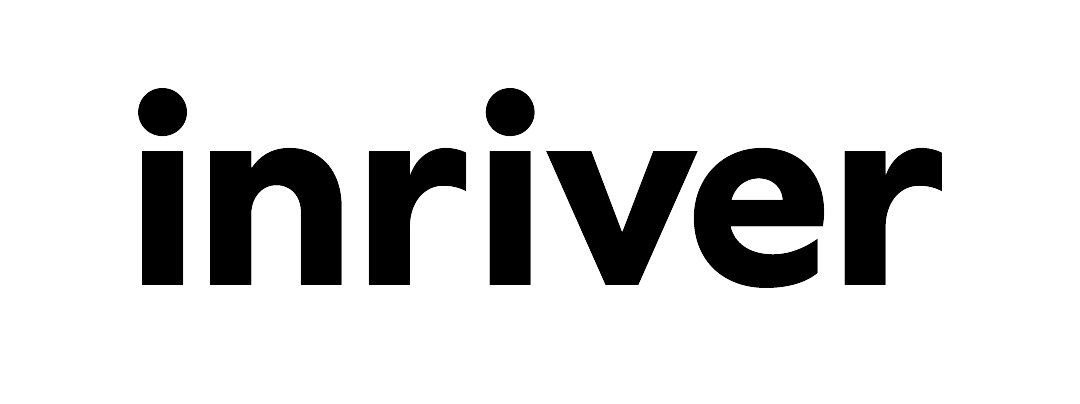Compare E-Commerce models.
Our scoring process is applied and objectively evaluated according to strengths and weaknesses.
Compare vendors based on the five dimensions of the Composable Agility Score. Freely choose the solutions you want to compare to get an easy overview of their capabilities. You can adjust your selection at any time or click on any solution to read a more detailed explanation of their CA Score.
A vendor must first be removed before another one can be added for a comparison.
How easy is it to quickly and scalably build the individual solutions you need for your business using the application? See also: Best of Breed versus Best of Suite.
How well can a cloud application be broken down into its individual parts and used? The best solutions can be combined based on specific customer requirements.
How well can this application be connected and controlled via standardized applications? A functional API interface is able to interact with any other software.
How natively can this application be operated in the cloud (updates, backup, porting)? An ideal cloud solution is available everywhere, accessible at any time, highly secure, flexible and agile.
How independent can the application be from the end user’s interface (desktop, mobile, on the go…)? A functional solution is able to operate with any frontend.


Akeneo was founded in 2013 as an open-source PIM. Today, Akeneo is headquartered in Nantes, France, with offices worldwide including the USA, UK, Spain, Germany, Italy, and Australia. Akeneo employs over 250 members of staff and provides services to over 550 customers, including Shop.com, Midland Scientific, and Fossil.
Since its inception, Akeneo has been recognized on several occasions for a variety of accolades, including being named on the Deloitte Technology Fast 500 EMEA list for 2017, and being recognized as a leader in product information management applications on an IDC Marketscape report in 2019.
Since its inception, Akeneo has been recognized on several occasions for a variety of accolades, including being named on the Deloitte Technology Fast 500 EMEA list for 2017, and being recognized as a leader in product information management applications on an IDC Marketscape report in 2019.
Founded in 2007 and headquartered in Malmo, Sweden, inriver has celebrated many milestones since their inception. Today, they have over 600 customers and 300 employees worldwide. Inriver offices are located in major global cities, including Chicago, Amsterdam, Berlin, London, Stockholm, and Manila.
Their technological developments over the years have also been recognized, with Microsoft Azure awarding inriver Partner of the Year in 2019.
Their technological developments over the years have also been recognized, with Microsoft Azure awarding inriver Partner of the Year in 2019.
8.3
7.9Composability
6.4Head-
less
less
9.8Cloud
Native
Native
8.5API
8.7Modu-
larity
larity
7.4
6.9Composability
6.3Head-
less
less
9.8Cloud
Native
Native
6.2API
8Modu-
larity
larity
Modularity
8.7
8
Although Akeneo’s own website speaks little of microservices specifically, the Akeneo App Store allows customers to directly plug into third-party applications. Customers can access over 150 extensions and “connectors” to enhance their Akeneo PIM.
Although inriver does not refer to microservices on their site, they do reference the many integrations available through their product. This “Integration Framework” allows customers to take inriver components and build new integrations and adapters. Integrations available include a range of commerce providers and PIM optimizers, among others.
API
8.5
6.2
Akeneo adopts and API-first approach. Akeneo’s website states that, as well as being high-performing, their containerized architecture follows industry standards and best practices. Akeneo offers extensive documentation on-site to guide customers through using APIs. As with their microservices, Akeneo’s App Store relies on APIs to connect to available extensions, and allows companies and clients to provide their own extensions via API. Both REST and Events APIs are utilized.
Inriver is not API first, but includes APIs in some cases. Inriver’s community webpages include documents for developers in relation to their REST API, which launched in 2019, however, their documentation is more limited than that of other providers.
Cloud Native
9.8
9.8
Not all of Akeneo’s products are cloud native, with the vendor’s standard PIM hosted on-premises. Akeneo’s Enterprise Edition may be either PaaS or SaaS, but their Growth Edition is only available as a SaaS platform. Akeneo’s cloud offering is multi-tenant and utilizes the Google Cloud platform.
Multi-tenant SaaS solution, which means it is completely scalable. Inriver utilizes Microsoft Azure as its cloud provider.
Composability
7.9
6.9
Although Akeneo does not directly mention composability in their offering, it is clear through their implementation of several features, such as their App Store and scalability offered through their SaaS models, that a level of composability can be achieved. Their offering of many other pre-built integrations with vendors in a range of fields further adds to the ability to customize Akeneo’s platform.
Although several blog posts from inriver show the provider’s understanding of composability and its importance in businesses of the future, the vendor itself does not mention much on its site regarding its own steps towards composability. However, their integrations and cloud native services are clearly a step towards creating a composable product.
Headless
6.4
6.3
Akeneo offers connections with vendors in other industries, such as Salesforce Commerce Cloud or Spryker, to create headless user experiences.
Inriver uses connections via third-party providers to offer headless experiences. The inriver Integration Framework (IIF) allows for extensions with other providers to create a headless set up.
Bottomline
8.3
7.4
Akeneo scores high overall, particularly for it’s API first and cloud native approaches. Their microservices are also expanding and improving, which, overall, adds to their ability to offer composability. Customers should adequately assess which Edition of Akeneo’s products they need to ensure they receive the features they most require.
Inriver is taking many steps towards modernizing its offering. However, it is not the most advanced provider out there when looking at the benchmarks above particularly available microservices and APIs.




